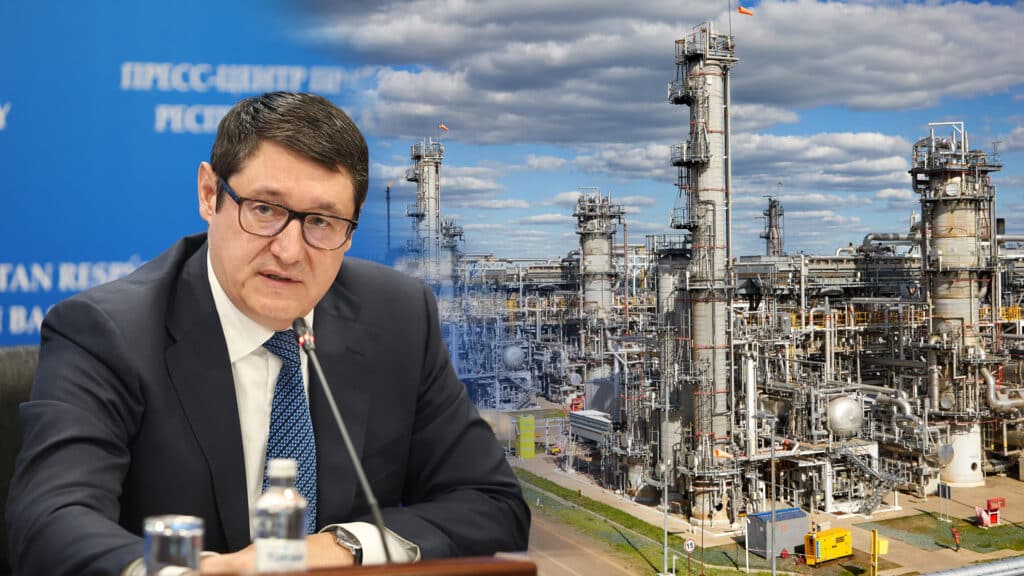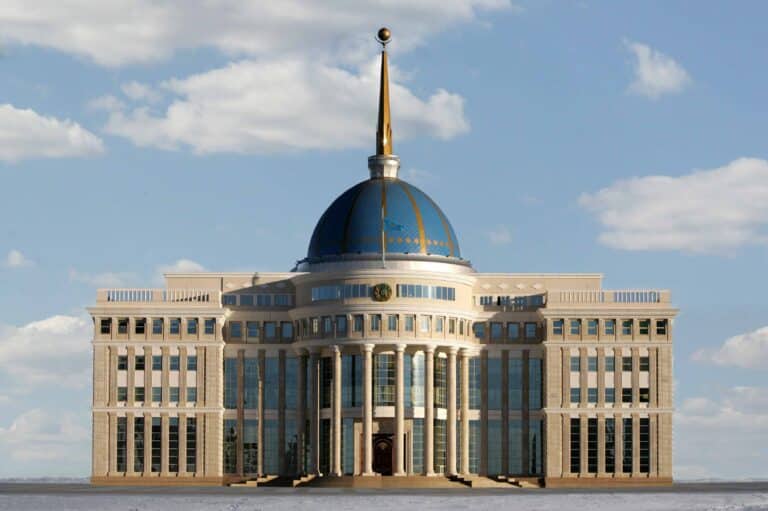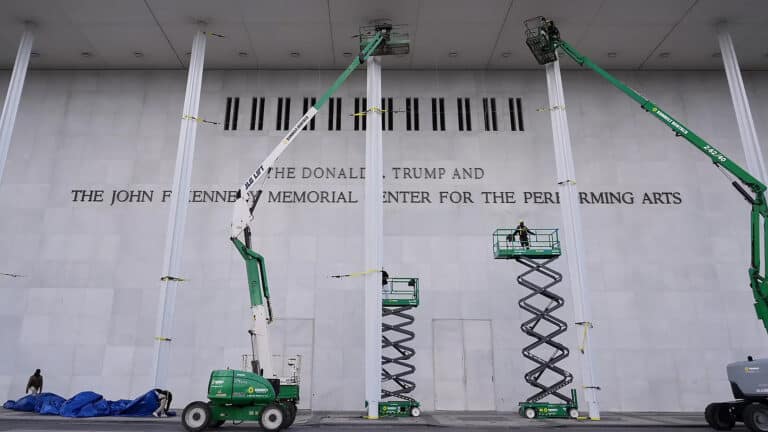
According to Energy Minister Almasadam Satkaliyev, as of January 1, 2024, Karachaganak (one of Kazakhstan’s three biggest oil and gas fields) had 253 million tons of recoverable oil and condensate reserves.
«As of January 1, 2024, there were 253.2 million tons of oil and condensate and 791.7 billion cubic meters of gas,» he said during a cabinet meeting.
He also said several investment projects are expected to be implemented by 2028. Once this work is done, Karachaganak’s annual output will increase to 11 million tons.
In 2023, Karachaganak Petroleum Operating B.V. (KPO) reported an output of about 143 million barrels of oil equivalent in the form of stable and unstable liquid hydrocarbons, raw gas for export, and purified gas for domestic use, which is a 10.9% increase over 2022 (129 million barrels). According to the company, its investments in the oil field have amounted to $31.3 billion so far.
The Karachaganak oil and gas field deposits amount to 1.2 billion tons of oil and 1.35 trillion cubic meters of gas. KPO, the international consortium of Shell (29.25%), Eni (29.25%), Chevron (18%), Lukoil (13.5%) and KazMunayGas (10%), has been exploring Karachaganak since 1997 under a production sharing agreement.
In late March, Satkaliyev told journalists that Kazakhstan continues to seek a legal solution in an argument with Kashagan and Karachaganak operators.
«There is no news. This process is routine; we are continuing to discuss the issue. We have hired consultants and all arbiters have been appointed. This is a usual procedure for such international arbitration; it requires a long period of preliminary work,» he said.
Commenting on the possibility of a settlement, the minister highlighted that authorized agencies focus on state interests in commercial arguments.
«We have PSA, a body authorized to deal with such commercial arbitrage. When working on our tactic toward the legal process, we must proceed from state interests,» Satkaliyev stated.
The government of Kazakhstan filed a legal suit against the operators of the Kashagan and Karachaganak oil fields. Authorities want both companies to pay $16.5 billion in fines ($13 billion for Kashagan and $3.5 billion for Karachaganak).













